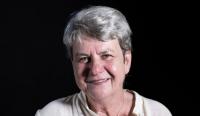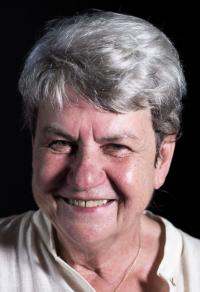The worst part was the stress of not getting exposed
Jana Kociánová was born in 1948 in Prague. Her mother was a single parent taking care of two children. As a child she was affected by the harsh material conditions in an incomplete family. She strived to make up for her social handicap through great study results and later through sports. At fourteen years of age she began playing table-tennis in which she gained much success. While growing up she became aware of her homosexuality which she was forced to conceal practically up until the fall of the communist regime due to professional and family reasons. Her first steady girlfriend was an Austrian sportswoman. Thanks to frequent sports trips abroad she was able to get to know life behind the iron curtain. However, after the 1968 she hadn’t left the country - besides patriotism she also refused to leave behind her ill mother. From the 1960s up until 1989 she worked in managerial positions at the Prague town hall, in a research institute, and eventually in a travel agency. After 1989 she started her own tourism business. Throughout all times she kept fighting for a decent life of sexual minorities as well as her own in which she succeeded. Up until fifty-five years of age she represented Czech Republic at high-level table-tennis events.


